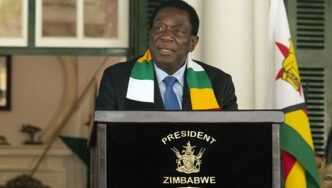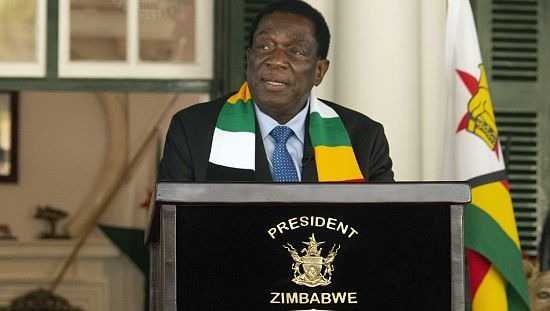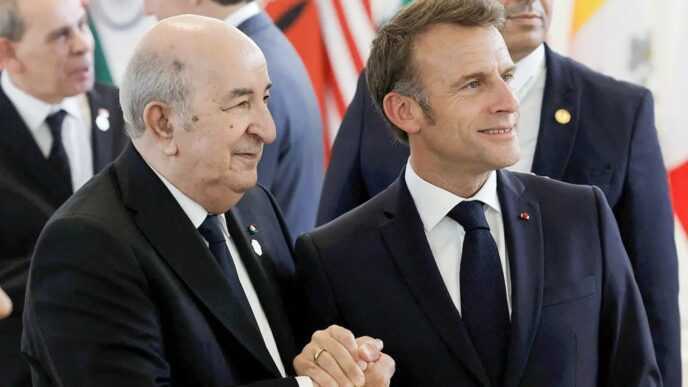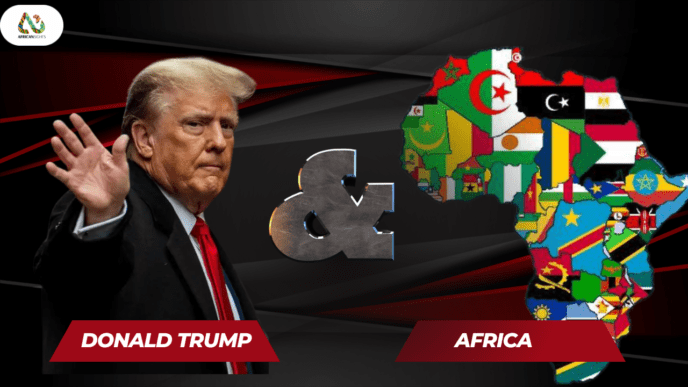In a bold move to stimulate economic growth and foster international cooperation, Zimbabwean President Emmerson Mnangagwa has announced the suspension of tariffs on imports from the United States. The decision is expected to reshape trade dynamics, enhance market accessibility, and open new doors for economic diversification in the southern African nation.
This policy shift comes at a time when Zimbabwe is actively seeking foreign investment, stable trade relationships, and avenues for economic recovery amid global economic shifts and domestic challenges. The temporary removal of import duties will apply to a wide range of U.S.-origin goods, including machinery, agricultural inputs, and consumer products.
According to government insiders, this measure aims to reduce the cost of goods, stimulate local industries through increased access to essential inputs, and build confidence among foreign investors. It also aligns with Zimbabwe’s broader re-engagement strategy — an effort to repair and strengthen ties with Western powers following years of strained relations.
The lifting of tariffs is expected to benefit sectors such as manufacturing, technology, healthcare, and agriculture, where American products are highly sought after but have often been cost-prohibitive due to high levies. Local businesses may now gain a competitive edge through cheaper inputs and improved production efficiency.
President Mnangagwa emphasized that the move is part of a broader economic reform agenda aimed at repositioning Zimbabwe as a trade-friendly nation in the global market. He noted that creating a more open trading environment will not only boost economic activity but also help address inflation and enhance the availability of essential goods.
This development is likely to have ripple effects across the region as African economies increasingly explore strategic trade partnerships beyond traditional allies. It positions Zimbabwe as a potential hub for U.S.-Africa trade relations, potentially drawing American firms interested in accessing Southern African markets.
As global trade realigns in response to geopolitical and economic pressures, Zimbabwe’s tariff suspension signals a pragmatic and forward-looking approach. The coming months will reveal how this policy reshapes the local economy and strengthens Zimbabwe’s position on the international stage.
Read also: Libya Devalues Currency: Impact














